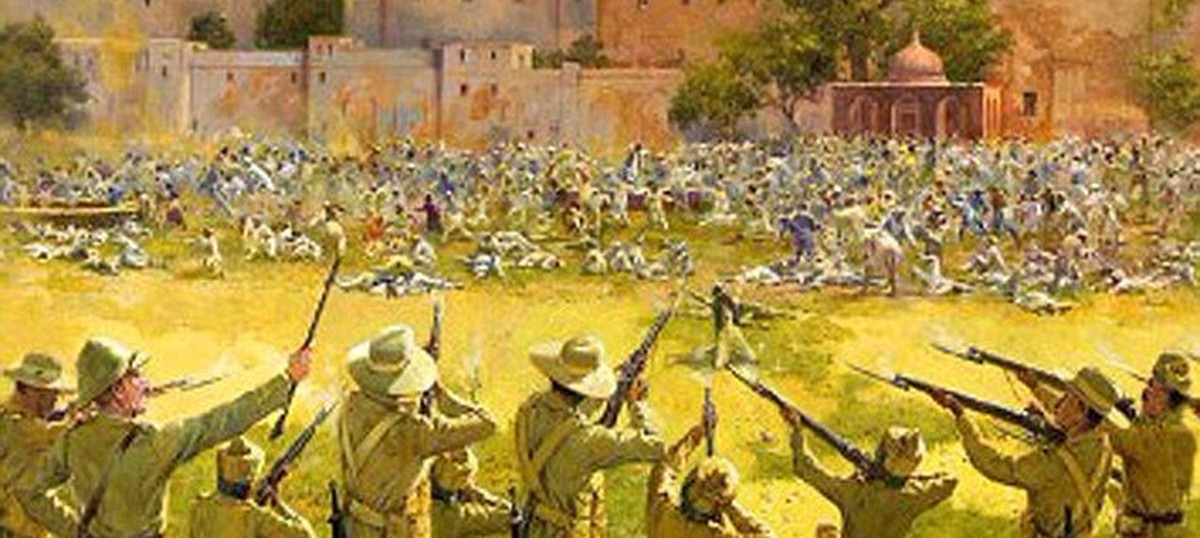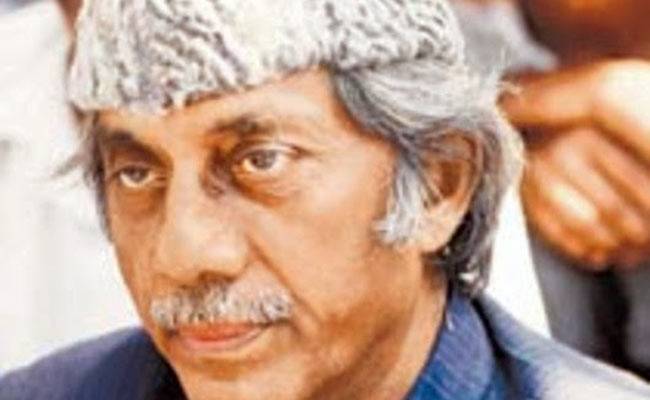The Jallianwala Bagh massacre, also known as the Amritsar massacre, occurred on April 13, 1919, in the city of Amritsar in Punjab, India, during the British colonial rule. It was a tragic event where British Indian Army soldiers under the command of Colonel Reginald Dyer opened fire on a crowd of unarmed Indian civilians who had gathered in the Jallianwala Bagh, a public garden, to peacefully protest against oppressive British policies.
The massacre resulted in the deaths of hundreds of people, with estimates ranging from 379 to over 1,000, and left thousands wounded. The firing lasted for about 10 to 15 minutes, and the soldiers even blocked the only exit of the enclosed garden, making it impossible for people to escape.
The Jallianwala Bagh massacre had a profound impact on the Indian independence movement and served as a catalyst for greater resistance against British rule. It led to widespread outrage and condemnation, both in India and around the world.
The massacre prompted Mahatma Gandhi to launch the nonviolent civil disobedience movement against the British Raj, which eventually played a crucial role in India’s struggle for independence. The incident also fueled nationalist sentiments and strengthened the resolve of Indians to fight for their freedom.
In India’s post-independence era, the Jallianwala Bagh massacre remains a symbol of colonial brutality and serves as a reminder of the sacrifices made by those who fought for the country’s independence.






